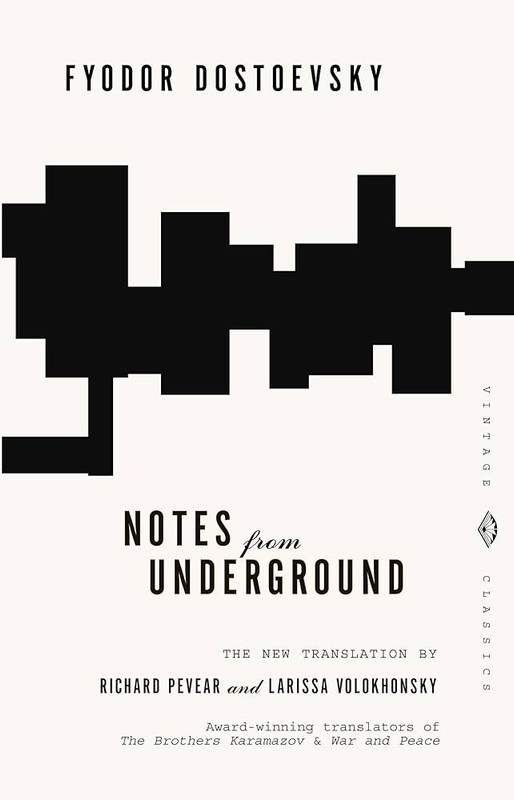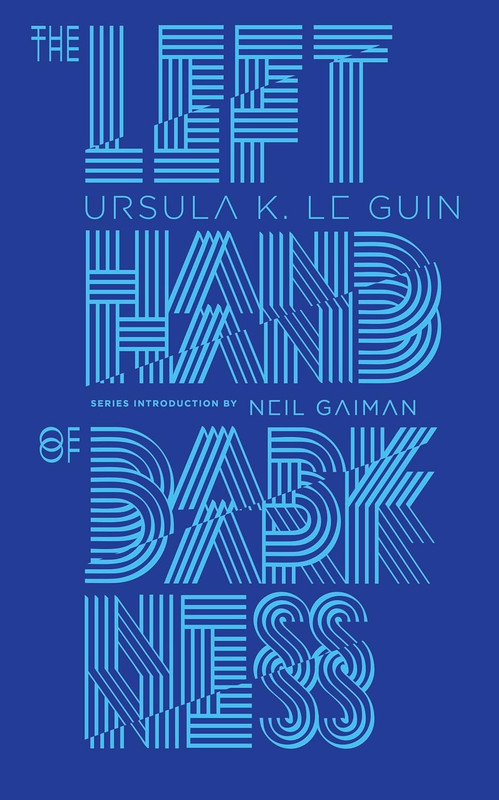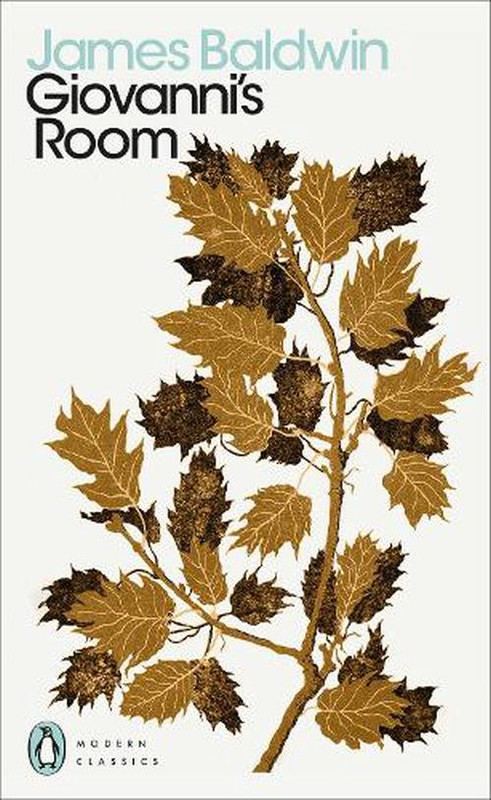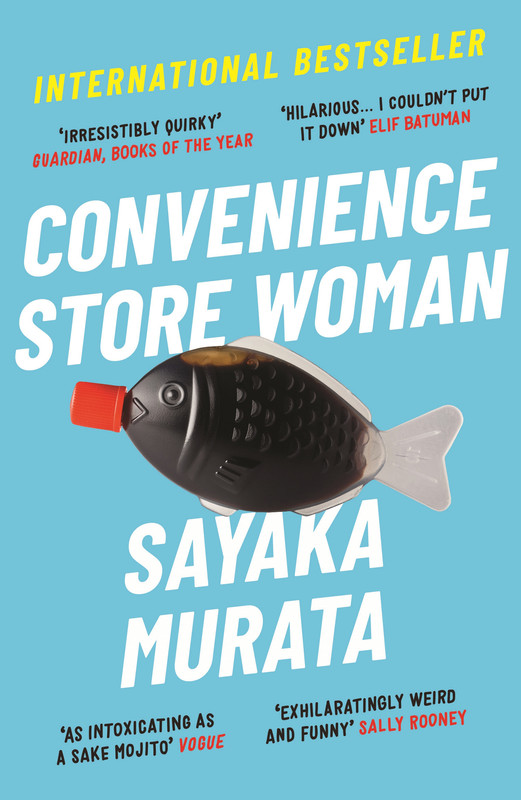Bookbug is an online book club where we read a new book each month, and every member [ideally] posts their review of it on their /bookbug page! So this is my page specifically for that club! You can check out the actual club here.
These reviews might be very slightly adjusted from the ones on my Storygraph and Bookshelf page, but are almost exactly the same. The biggest difference is that spoilers are not marked on this page, but are on my Storygraph. Regardless, if you only want to see my Bookbug reads, then you're in the right place!
The Master and Margarita by Mikhail Bulgakov [May 2024]

My review will be here if/when I finish this book!
Notes from Underground by Fyodor Dostoevsky [Apr 2024]

I didn't really think I'd like Notes from Underground going into it, and I wasn't surprised. The themes are interesting-- the fear & stress of being known & perceived, isolation & alienation, nihilism, etc-- but I just couldn't really care for how it was presented. Simply, Dostoevsky's critiques of society were interesting to me, but his writing just was not.
The Underground man is supposed to be obnoxious and frustrating-- I understand that-- but it felt a bit too much for me, especially in tandem with my general dislike for the bleak writing style.
A few moments were compelling as I read (2+2 equaling 4 vs. 5 and the 'crystal palace' situation), and I was still interested vaguely in how he came to every conclusion he did and how he navigated the world, but it all felt sort of dampened by how infuriating he was and how quickly everything seemed to move.
The way he amped himself up & let himself own so quickly in response to any small thing felt overplayed, and I couldn't help but feel that it was more reminiscent of how family members of mine have acted when in bipolar mania than of how someone might act because of any amount of isolation or insecurity. At some point, I stopped really getting the sense that the Underground man was a product of society, and felt more like he was a product of his own nature.
My favorite commentary by far was his on the existence of a civil servant in Russia and on class insecurity, while I felt like his commentary on human nature just ended up sort of whiny and over the top.
In general, it was fine & had good things to say, but there are a hundred other books I would've liked to read instead to get a similar perspective on the same topic. I don't think Notes from Underground is a very good show of his writing skills anyway, as far as I've heard, so maybe it's a shame that this is the first of his I've read. I don't imagine I'd read another-- I never even really planned to read one.
The Left Hand of Darkness by Ursula K. Le Guin [March 2024]

This was such a beautiful piece-- I'm not even sure where to begin. I've never been a huge science fiction fan, so I'm a bit surprised to find I enjoyed this so much, but Le Guin's writing is like no other.
Even from her introduction, I was drawn in immediately by her proclamation that "Almost anything carried to its logical extreme becomes depressing, if not carcinogenic." Throughout the introduction and novel, both, I felt that same sensation at a sentence of hers every once in a while-- something small that stood out and stuck with me. On a sillier note, I clearly remember and love her imagery in describing how Ai was not dressed for the heat of the afternoon, "in layers and layers of clothing, woven plant-fiber, artificial fiber, fur, leather, a massive armor against the cold, within which I now wilt like a radish leaf."
It was really interesting to see how she organized the book. It was slightly confusing at first, but I grew to love the movement between chapters from Ai's perspective, Estraven's perspective, and then short stories and documents. It added so much depth to the world without having to hand feed us exposition from some blabbering character, and I was enamored with it. I remember how quickly I hurt over the stories of the Domains of Stok and Estre, and separately in watching Estraven reject Ashe when he left.
The arc of Estraven and Ai's journey over the Gobrin Ice was surprisingly intense for me. Le Guin did such a beautiful job bringing me from feeling suspicious of Estraven and treating him as somewhat of a snake to loving and crying for him, watching his friendship with Ai bloom and end so suddenly. I've never loved the characters in a story based on world building so much. I find they often fall flat, but Le Guin's really did not.
Despite that, I've never seen such well-fleshed out world building in my life. She created an incredibly cool system of time on Gethen, with every year being the first year of their calendar and "first hour" being around noon to 2:30 PM and so on-- and I was of course amazed by her conception of gender on this planet, with different cycles of hormones allowing each person to be neither and both man and woman, shifting a necessary. Despite all this, what really struck me was how effortlessly she established a world with different values and examined how all of these differences affected social experiences and beliefs.
Even on my own, it's always been quite hard to conceptualize entirely different standards and values in different societies, growing up in a world where everything is so interconnected that even if societies have different beliefs, it's all sort of transferrable. Nothing has ever prepared me for the ideas of shifgrethor or nusuth, or that ignorance would be something you aspire to, or that a world could not have a word for large scale conflict like war, or even that being perpetually a man or woman could be perverse. I felt so utterly immersed in the world, trying to build my own understanding of how they communicate around shifgrethor, and it was such a wonderful experience.
I'm quite attached to the idea of "nusuth" or "no matter" now, actually. I find myself telling myself that time and time again. It's interesting.
Returning to gender, there was something so striking about watching Ai struggle with gender on Gethen, and how he couldn't get past it for most of the book-- referring to absolutely everyone as "he", "him," "boy," and "man," categorizing them as like him or unlike him, and criticizing their femininity even as he deemed them like him, which was always-- until the moment when Ai realized that Estraven had accepted him totally as a human being, but that he could not give him the same. Even then, he could not break from his pattern.
I know Le Guin has talked about regretting her use of calling everyone by "he" and "him" throughout the novel, but I honestly think it added a lot to my reading of Ai and his trouble understanding a world he didn't truly belong to, even though near the end he seemed to feel he belonged to it more than his own home. If you're interested, I'd recommend reading her essay called "Is Gender Necessary?" where she explores this more.
I wasn't expecting the book to dive into discussing trauma and oppression at all, and was both caught off guard and intrigued by Orgoreyn's treatment of him when he was imprisoned, in the truck to and on Pulefen Farm. Watching Ai feel so stuck there, forced to take drugs that altered his hormones and gender and getting so utterly sick from it really tore at me, and I felt nothing but empathy, even though he'd frustrated me here and there throughout the book. His descriptions of laying in the truck, trying to sleep, and hoping not to die-- experiencing kindness but not friendship, never learning anyone's names-- was painful, but I was actually surprised to see it come back later when he tried to sleep, but just kept sort of going back to those moments and then having nightmares. It feels funny to call it a pleasant surprise, but it was in the way of being happy she explored those themes-- even a little.
This is getting to be much too long, but in essence, I really would recommend this book to anyone. I'd say that it can be a dense read at times, but I borrowed a copy of the audiobook and read along to it, and it was a breeze to get through that way! Even as a non-scifi lover, it was more than worth it.
Giovanni's Room by James Baldwin [Feb 2024]

I picked this up the same day that I finished Go Tell It on the Mountain, which was definitely quite the change of pace. I was immediately surprised at how different his voice is, and it definitely made it even clearer how much he altered his writing to mimic the Bible's diction in Go Tell It on the Mountain. I loved the sort of casual tone of this novel, though.
I've found that Baldwin is very good at writing characters I have mixed feelings about. Dave was a particularly difficult character for me, which is of course the intention. I was sorry for him, but I also hated him in a dull sort of way. Usually, characters in books get me into the kind of anger where I want to scream at and hit them, but Dave had me feeling the "I'm not mad, just disappointed" kind of angry. I felt disgusted by him, honestly. Not only had he horribly internalized toxic masculinity and homophobia, but he was fairly overtly misogynistic-- and because of it all, he treated Giovanni [and Hella] horribly. I couldnd't stand it. All of the men were misogynistic, though, and had varying degrees of self-hate. It was interesting to, for lack of better phrasing, see them have gay sex and then turn around and insult men around them for being so queer.
A detail I noticed that stuck with me is how much Dave describes what he tried to do what his body and what really happened. I can't remember any specific examples at the moment, but just the way he described how he hoped his smile had been boyish, or how he wanted something he said to come across one way, but knew it came out with a tone of desperation. I felt this sort of disconnect he had with himself-- an inability to not betray his own feelings, even if he didn't want to admit them to himself either.
I loved Hella and how honest and direct she was, even if I had a sort of "she's got the right spirit" response to a lot of the intelligent things she had to say. Giovanni was quite a lovely character, too, and it was difficult to watch him devolve and experience all that went his way. Honestly, when they first introduced the idea that he was going to be put to death, I was sort of expecting it to be just because he's gay. It makes me laugh a little, looking back. I guess it's the Amerikan in me to assume that'd be why.
Regardless, I love how Baldwin explored every theme of internalized hate and the contradictions in behavior that come with the inherent intersectionality of identity. It took me through the motions of loving then hating characters, but really just wanting to see them be better than they are.
His style in this was definitely more accessible than his style in Go Tell It on the Mountain [reasonably], and I honestly enjoyed it quite a bit more just because it was more my speed on that level. Something about the style drew me in this time. I have images of every location in the novel in my mind, and I bet you I could draw a shitty map of their corner of Paris, too. I felt really immersed in the world. I think the style made it easier to feel for the characters-- like I knew them. I'm sure the way it started as Dave telling himself the story of his relationship with Giovanni emphasized it, too. I felt like an uncomfortable friend turned makeshift therapist.
Regardless, I loved the characters [as characters, though maybe not as people] and the writing, and I feel like it managed to tell a lifelong story in only a couple months that felt like only a couple days. It's hard to find stories that know when to start and stop-- that know how to pick a moment to tell a much larger story. Baldwin is quite good at that. I hope to read more of his work at some point, though I think I should take a break for now.
Convenience Store Woman by Sayaka Murata [Jan 2024]

Convenience Store Woman honestly shocked me regularly in the best way. Murata is a beautiful writer, and I loved her use of motifs and repetition in this. Not only did it tie everything together so well, but I think it emphasized Keiko's need for consistency and the convenience store she considered her calling.
I remember the way my eyes sort of shot open when I heard her describe her rebirth as a convenience store woman and how everything before it was sort of fuzzy-- I loved the straightforwardness, and the choice of words was so perfect. It really added to the sense that this is what she is made for. She didn't repeat this idea much, the way she repeated her sense of needing to be a 'cog in the machine of society', but it still stuck with me.
I was sort of conflicted about Keiko's dedication to the store. It's respectable and interesting, and she obviously cares so wonderfully much that it's sort of nice to see her get to exist in it, but it's also just sort of sad to me. Not in that she doesn't get to be fully normal, but in that I wish I could see what she would've been had her parents known how to acknowledge and approach neurodivergence, and had she never been so utterly shut down by the people around her in elementary school. Of course, violence needed to be curbed, but she didn't get to explore her self and the world around her in a real way, and that hurts.
In a way, as an adult, she becomes sort of the ideal capitalist subject-- the most comfortable and happy simply serving her corporation. I wonder if the people closest her dislike it for the wrong reasons, though. What worries them? Are they even worried? I imagine that if they truly felt worried, and not just disgusted or freaked out, they would have invited her into their circles-- asked her to be their friend and try to participate in her life. They wouldn't have invited her in only when they finally felt she was starting to fit a mold. It's a big question this book left me with, and I love sitting with it. What is the motivation behind their dislike of how Keiko lives?
We got to see a lot of why Keiko likes living like she does-- not because she's particularly capitalist, but because the sense of getting to play normal & finally understand how to act, keep things in order & be useful, and aid those around her in a familiar environment really just make her life better. I was really happy with that, honestly, but I think I wish I had seen just a little bit more examination of how we account for the capitalist structures that create these situations and who they benefit-- and not just from fucking Shiraha.
He was such an absolutely infuriating character to listen to, and it made it even harder for me that Keiko never blew up at him-- just did as he asked and explained things calmly to him. It was kind of interesting to see how she described her relationship with him-- describing how she adopted him, how she has to feed him, and even telling him to his face that she's never had a pet in the house before him. I wanted to strangle him sometimes-- seriously. I never want to hear someone talk about 'the village' and how they won't let you exist again. It's like some awful, mutilated version of almost understanding oppression, but not being able to get your head out of your ass enough to see you're not the one it's targeting.
Aside from all these thoughts Convenience Store Woman left me with that proves Murata's amazing writing capabilities, she really just has an incredible capacity to write small phrases that stick with you. Nowhere in the book was it important, but I can't get the moment where Keiko describes touching her nephew's soft head as stroking a blister out of my head. It's such an odd comparison, and I love it so much.
I wouldn't say this book touched my heart, really, but it did leave me thinking a lot [clearly], and I'd absolutely recommend it to anyone who asked. Nancy Wu's narration got a little grating sometimes, but I got used to it and loved the voices she did for other characters.
